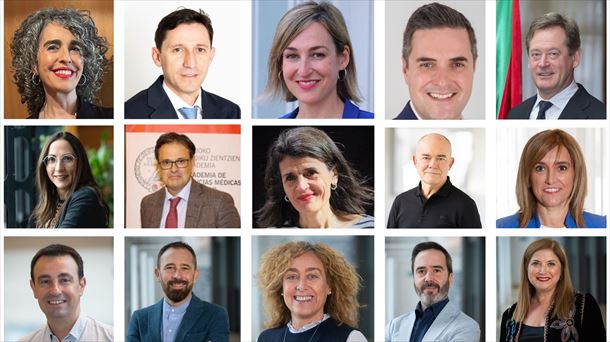Refugees usually seek their fortune in Vienna. Thousands of Syrians are now bringing their families, the majority coming to Vienna. But what does this mean for minimum income expenditure?
Vienna takes in almost twice as many asylum seekers as set out in the quota agreement. Not because the federal capital is making a special effort to do so. But because the other states simply do not meet their obligations.
Three out of four go straight to Vienna
This means a huge burden for Vienna – both for the budget and for the population. Vienna is also a magnet for asylum seekers. According to current figures, three out of four will move to Vienna if the decision is issued. Viennese deputy mayor Christoph Wiederkehr (Neos) recently spoke out in favor of a “solidarity tax” from the other federal states.
Ludwig: “Expect solidarity from the federal and state governments”
And Mayor Michael Ludwig (SPÖ) followed up on a ‘Krone’ request after the conference of state governors. Ludwig: “It is true that Vienna has to overcome a disproportionately large challenge here, but we are also confronted with it. But just as we act in solidarity with the federal government, we also expect the federal government to act in solidarity. This also applies to the states.”
Federal states are not very attractive
It is therefore important to increase the attractiveness of some locations in the states, especially when it comes to employment, in order to reduce the influx to the cities. Overall, Ludwig sees that the federal government – and especially the Ministry of the Interior, Foreign Affairs and Integration – has a duty to create a legal framework.
“Asylum procedures characterized by inactivity”
Ludwig: “The balance sheet of the federal government’s integration policy in recent years shows that the period of the asylum procedure is characterized by inactivity. Valuable time is lost due to the inadequate German and educational supply in the federal states and obstacles to the labor market, which of course also has a negative effect on the budget.”
Family immigration puts pressure on the budget
Under certain conditions, recognized refugees can bring their family members, such as spouses or children. Between January 2023 and February 2024, more than 4,000 children and young people came to Vienna, the majority from Syria. Another 350 are added every month, and in the whole of Austria there are 500. This shows that Vienna has to bear the greatest burden. The schools have already sounded the alarm.
But family reunification not only has consequences for the schools, but also for the budget.
Thousands of children in minimum security
In 2022, the city spent almost 20 billion euros, of which 755 million euros on Vienna Minimum Security (WMS). Since 2011, expenditure on this and as a whole has increased almost continuously (see graph). Of the 139,295 minimum security recipients in February this year, 48,207 were children and young people.
In Vienna, salaries per child are not staggered, unlike other states, such as Tyrol. The amount of the benefit also differs: the city pays 312 euros per child, while in Burgenland it is only 202 euros. “No sliding scale is planned in Vienna because every child is worth the same, and the principle applies to prevent child poverty,” says the office of city councilor for Social Affairs Peter Hacker (SPÖ).
Better integration offers
Just under half (46 percent, in December 2023) of all WMS recipients are entitled to asylum or subsidiary protection. “Metropolitan areas are always a draw for immigrants. “Vienna as a big city is attractive not least because of the communities living here and the better job opportunities,” explains the spokesperson for Hacker, who is in favor of better integration offers across the country so that those who are entitled to asylum in the federal states to enter the labor market.
Will the billion be enough?
For the years 2024 and 2025, the city has budgeted almost one billion per year for the payment of the minimum income. Will that be enough in terms of family reunification? According to a parliamentary question answer from Minister of the Interior Gerhard Karner (ÖVP) to the Neos, as of August 31, 2023, 4,452 access applications related to family reunification are being processed. The majority come from Syria, followed by Somalia and Afghanistan. Two-thirds of them are minors.
“The budget is based on estimates. Whether it is enough depends on various factors, such as inflation,” said the spokesperson for the municipal council. But: since the peak in 2017 (7.9 percent), the share of WMS recipients among all Viennese has continuously decreased; in 2022 this was 6.8 percent.
Source: Krone
I am Ida Scott, a journalist and content author with a passion for uncovering the truth. I have been writing professionally for Today Times Live since 2020 and specialize in political news. My career began when I was just 17; I had already developed a knack for research and an eye for detail which made me stand out from my peers.



